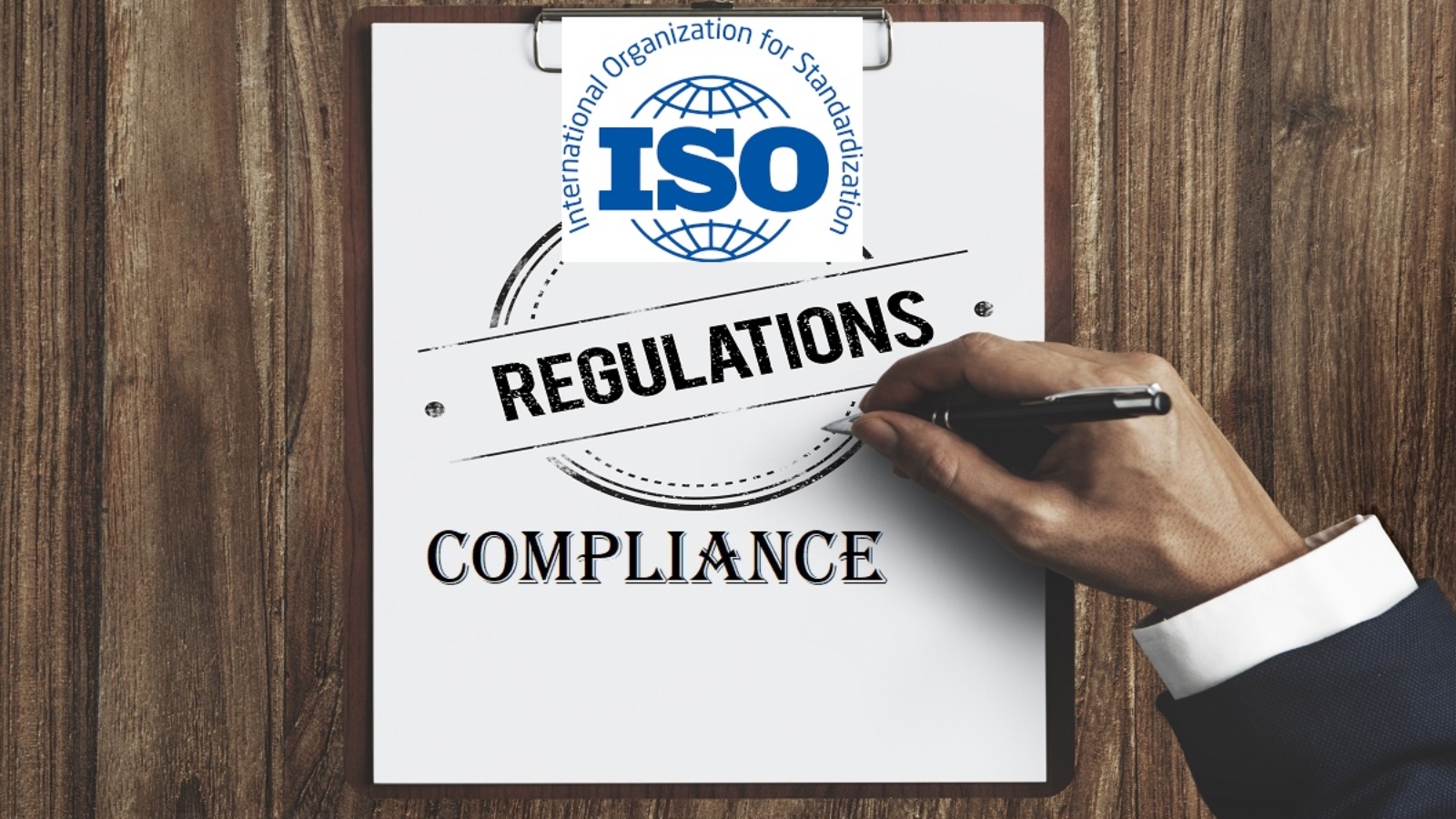With businesses rapidly evolving nowadays, regulatory compliance is becoming increasingly important. You must adhere to various regulatory requirements to ensure your business operates safely and ethically. To do this, you must establish a system for monitoring and reporting compliance activities.
One of the most important tools you can use to ensure regulatory compliance is adherence to International Organization for Standardization (ISO) standards. ISO standards are voluntary benchmarks businesses apply to their operations, providing guidelines for best practices and processes that can help ensure ethical compliance.
Adhering to ISO standards benefits your business in numerous ways. This means it’s best if your business adheres to these regulations for your success. In this article, we’ll talk about regulatory compliance and how ISO standards can help your business.
What Is Regulatory Compliance?
With more businesses providing different types of products and services, they must follow a set of rules. This is because certain products and services may pose a risk to the public or the environment if not used correctly or safely.
Regulatory compliance is a set of standards, procedures, and guidelines that businesses must meet to comply with industry regulations. Without these guidelines, ensuring whether a business protects its customers can be difficult.
In addition, regulatory compliance also creates a reference point for businesses. It helps businesses keep up with various regulations so they don’t get lost amid the ever-changing legal framework.
How Can ISO Standards Help?
The International Organization for Standardization (ISO) is an independent body that develops voluntary business standards. These standards provide guidelines to help businesses meet certain industry requirements and comply with various regulations.
ISO standards also help businesses create and maintain transparent processes, which are essential for regulatory compliance. They guide how to ensure that your business meets regulatory requirements and is in line with industry standards.
For example, if you handle customer data, you must know the importance of ISO 27001. This is a standard intended to help keep you and your customer’s data safe. It helps protect your data from any threats, such as cybersecurity attacks or data breaches.
Benefits of ISO Standards for Your Business
Adopting ISO standards can help your business in numerous ways. Not only can these standards help you remain compliant with industry regulations, but they also provide your business with a competitive edge.
Here are some of the top benefits of ISO standards for your business:
- Systematic Approach to Compliance
ISO standards offer a comprehensive framework so that businesses can approach regulations in a consistent and well-documented approach. There’s no need to reinvent the wheel whenever you want to make changes since ISO standards provide a clear road map.
For example, if a business wants to develop a new product, they can refer to ISO standards. This provides them with an idea of how a product should be in terms of safety and efficacy. A product that doesn’t meet ISO standards can still be improved.
- Improved Efficiency
ISO standards help businesses streamline their operations. This makes it easier for businesses to identify areas that need improvement or require additional resources. By implementing a system of checks and balances, businesses can ensure they’re meeting industry requirements and avoiding costly mistakes.
In addition, employees don’t have to spend so much time trying to figure out the best way to do something. ISO standards provide clarity and direction that can help save time and resources. Because of this, employees can focus their time on more important tasks.
- Better Quality Control
ISO standards enable businesses to ensure that their products and services are of the highest quality. This helps businesses build customer loyalty and trust, ultimately increasing sales and profits.
Quality control also ensures customer safety. If a business follows ISO standards, it can guarantee that its products and services are safe for use and won’t cause any harm. This is why many businesses strive to achieve ISO certification.
- Mitigates Risks
Another benefit of ISO standards is that it helps mitigate risks. As mentioned earlier, businesses that follow ISO standards guarantee safe products and services. They help ensure that their products and services aren’t harmful to their customers.
Risk mitigation also affects your business in terms of financial risks and business reputation. Safe products mean you don’t have to worry about any financial or legal problems related to poor product quality. In addition, when people know you follow ISO standards, it helps maintain a good reputation with customers and other stakeholders.
- Continuous Improvement Culture
If businesses comply with ISO standards, it helps them cultivate a culture of continuous improvement. This is because compliance isn’t a one-time thing. Instead, businesses must continuously monitor their operations for any changes and ensure they comply.
A culture of continuous improvement helps businesses stay up to date with industry regulations and standards. As new technologies emerge, businesses can keep up and remain competitive in the market.
Conclusion
ISO standards provide a systematic approach for businesses to ensure they meet industry regulations and remain compliant. They also provide additional benefits for businesses. The benefits above are just some ways ISO standards improve your operations. In the long run, it will help your business become more competitive and successful.

